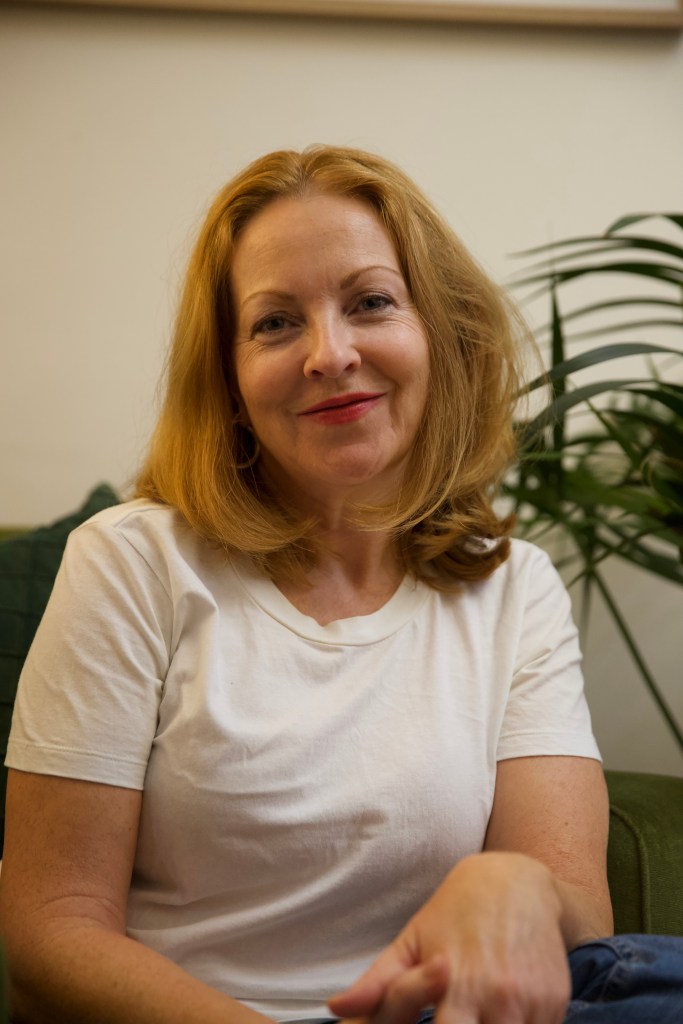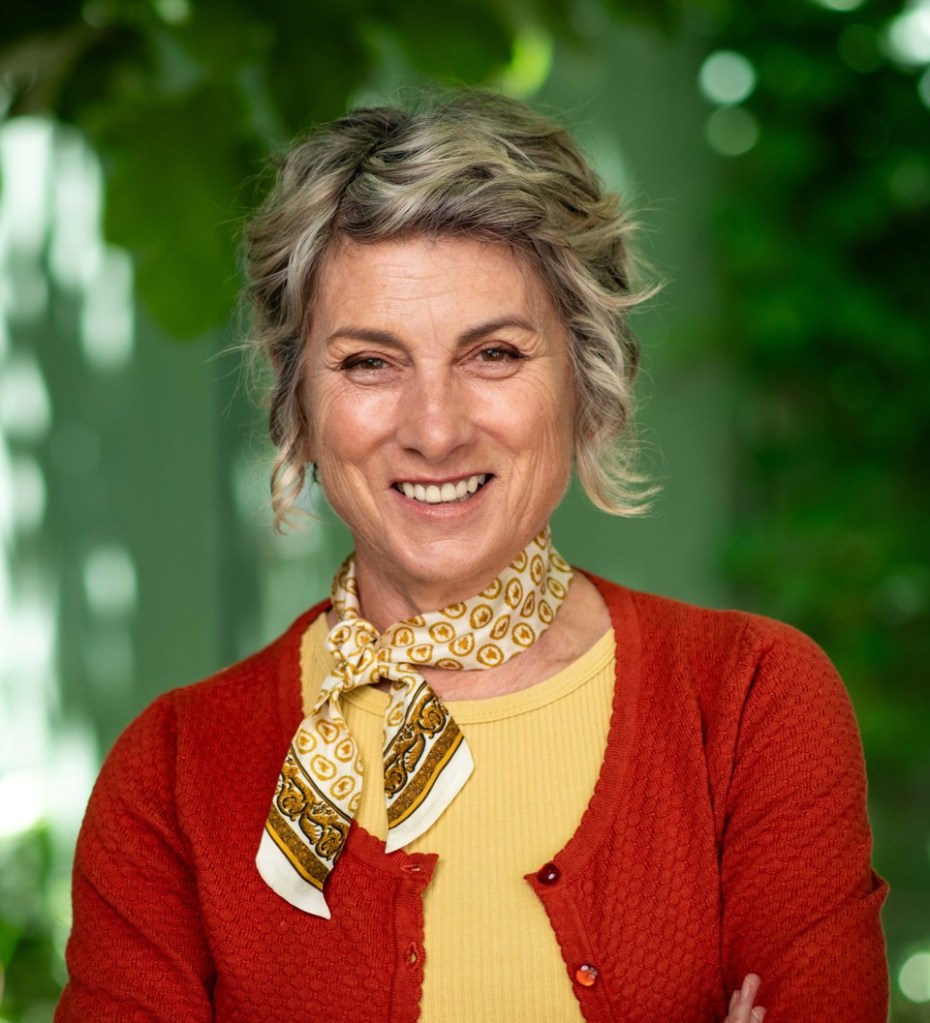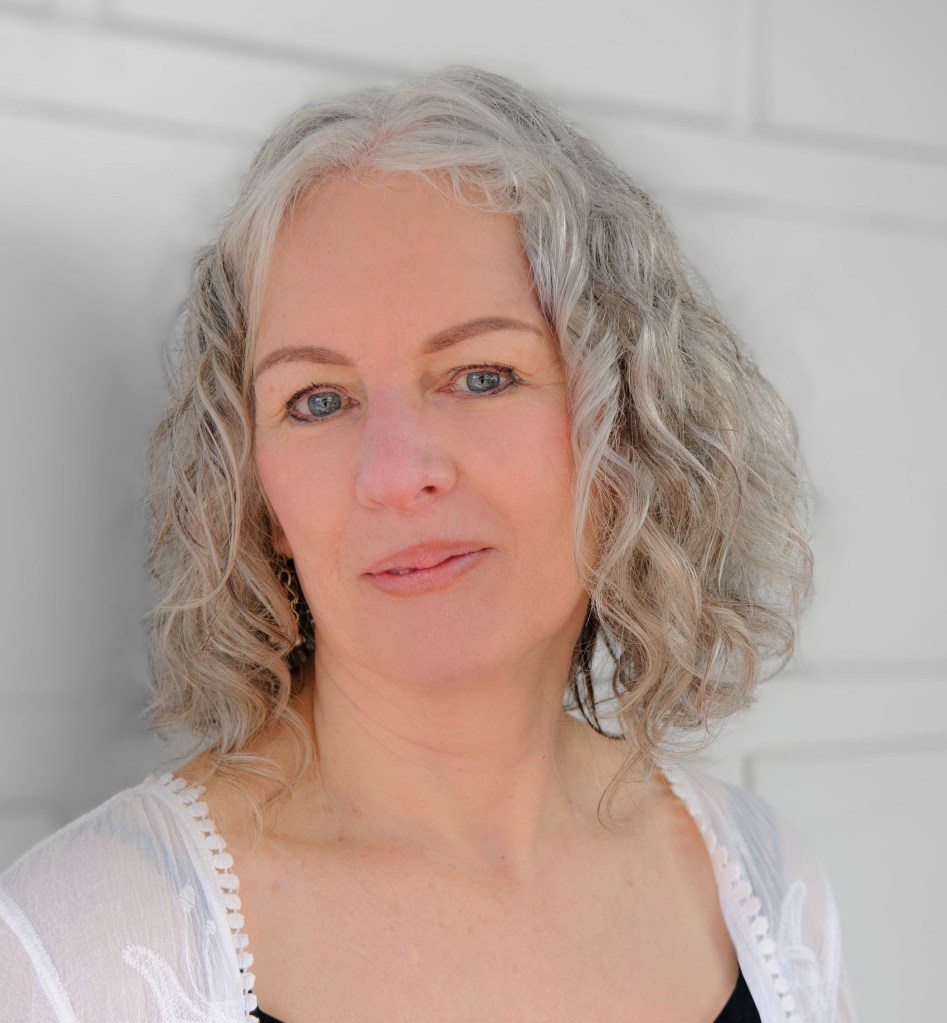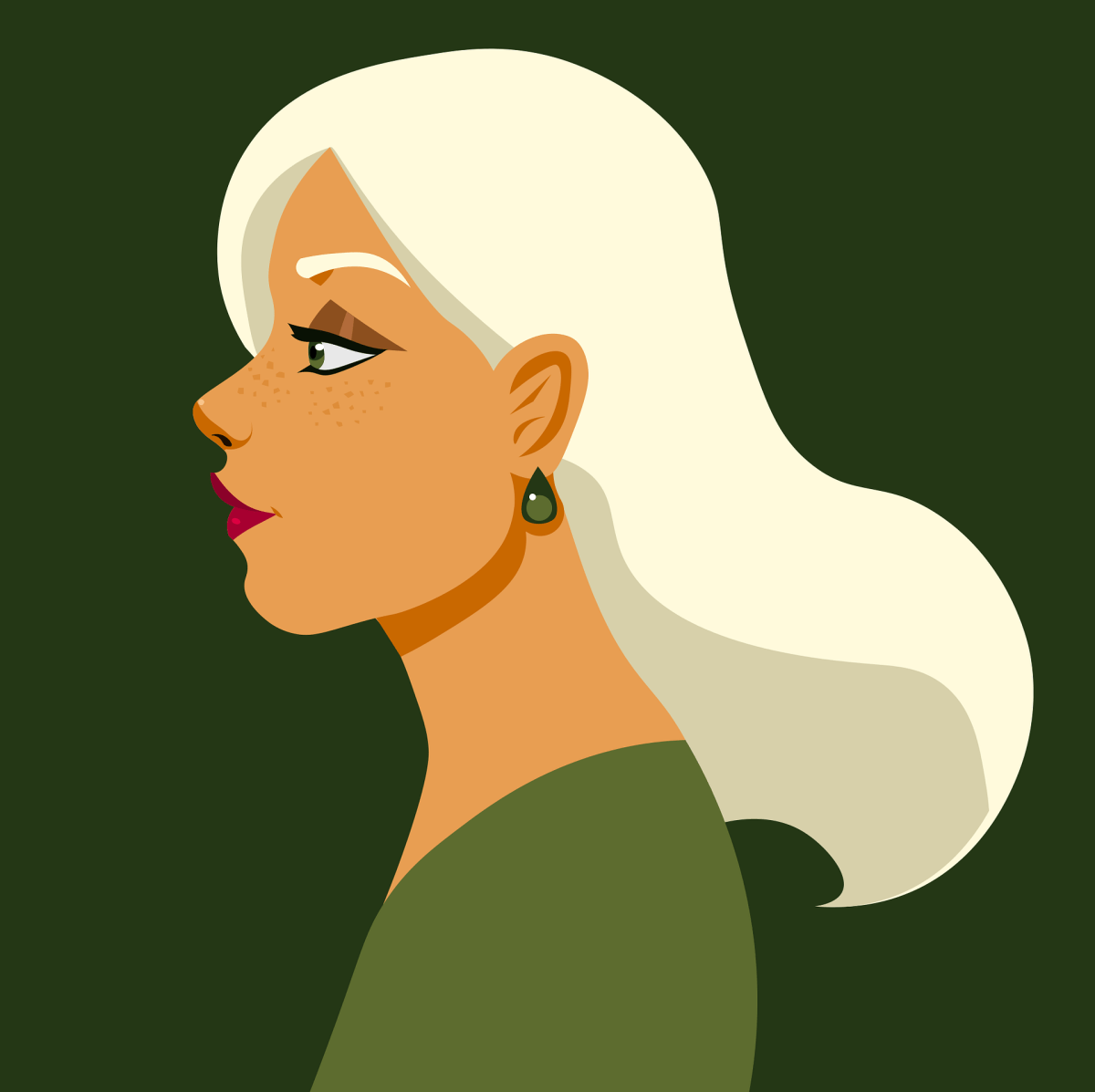In recent years the international literature scene seems to have been dominated by the navel-gazing derring-do of Millennial authors writing about, well, the dramas of being 20- and 30-somethings navigating a life full of crippling existential angst – arguably spearheaded by the bestselling novels of Sally Rooney. Heartbreak, jobs, familial conundrums: all have been seen through the smeary lens of the young.
Here are just three recently reviewed by ArtsHub: Green Dot by Madeleine Gray, But the Girl by Jessica Zhan Mei Yu and Sad Girl Novel by Pip Finkemeyer. So abundant have been the tropes of world-despairing, self-deprecating young women behaving badly that Liz Evans in The Conversation proclaimed: ‘I’ve had enough of Sad Bad Girl novels and sensationalised trauma‘, adding, ‘She is self-obsessed, self-serving and self-destructive, and I’m afraid I’ve had enough of her’, and calling for ‘more complex stories about psychologically nuanced women’.
Further, two years ago ArtsHub published a feature asking does the publishing industry glorify bright young things?, which explored whether emerging and newbie writers have a surfeit of publishing and award opportunities. The answer to this pointed question was geared towards the affirmative.
But perhaps the pendulum is slowly beginning to swing to the other side. There have been a number of books released or are upcoming by older Australian (female) authors focusing on topics about older women. Is this a coincidence or has the publishing industry finally caught up with demand and decided to cater to a different market – to fill the age gap as it were?
ArtsHub reached out to three authors – Jo Peck, Jane Tara and Trish Bolton – to ask about their experiences of publication as a mid-later life writer.
Jo Peck’s memoir, Suddenly Single at Sixty, with its frank, self-explanatory title, was originally a journal. It canvasses both the grief of relationship breakdown and the tentative exploration of a life outside marriage. Peck says, ‘I wanted to record this transformation from “annihilation to emancipation” and share it with as many women as possible, to show that life doesn’t end simply because a relationship does. There’s a fabulous second chance waiting if you allow yourself to take it.’
Jane Tara’s Tilda is Visible is about a ‘woman in her fifties who is diagnosed with invisibility and must change the way she sees herself, before she completely disappears’.
Trish Bolton’s Whenever You’re Ready is about ‘three women, two in their mid-seventies, as they come to terms with an unexpected death and the decades-long secret that death uncovers, causing them to question their relationships with each other and their relationship with themselves’.
Bolton tells ArtsHub she was prompted to write her novel to see herself reflected in these stories. ‘I wanted to read stories about my life, the women I knew, what it was to have more time behind than ahead, and the different griefs that can accompany older age,’ she says. ‘The challenges of the past and present many older women live with, about how it feels to be invisible and not valued, also about finding joy in those many small moments now writ large and, without quite realising it, I wrote the story I wanted to read.’

Confronting and challenging stereotypes was also a catalyst, she continues. ‘Being endlessly affronted by media portrayals of older people in varying states of decrepitude, wheeling frames or wandering confused. These are not the women I know and see all around me – older women still contributing to family and community, enjoying long-awaited freedoms, feisty, witty, independent women living engaged and active lives.’
Is there a dearth of writing from and about older (over 50) women?
Peck points out that many of the books she reads are, in fact, actually written by older women. ‘Helen Garner and Amanda Lohrey being among my favourites. I have also just finished Chai Time at Cinnamon Gardens by Shankari Chandran. All of their recent books feature older women as key characters. And recently a friend of mine, Lyn Yeowart, had her first book published at age 63 with a two-book deal from Penguin.’
She doesn’t think age is a barrier in terms of publication, saying, ‘I think if the writing is good and the story is worth telling, a book will be picked up and published regardless of the author’s age.’
For Tara, it’s matter of both time and subject matter. ‘To have the time and space to write a novel is a privilege. Generally speaking, most women have that time when they’re younger, and then again when they’re older. However, older women have always been published. The difference now seems to be that they’re writing older protagonists, which is exciting. Our stories are being published, rather than just our books.’
Read: Who judges book covers? We all do
Bolton points that, when she started writing Whenever You’re Ready in 2018, there were very few Australian books written by and about older women. ‘If older women appeared on the page (or anywhere else), they were rarely at the centre of the story, more rarely the stars of the show. Largely, they were grandmothers or grandmotherly, in tragic decline and/or about to be admitted to a nursing home or a beige room in a beige retirement village. The misconceptions and stereotypes, the clichés and myths of older age, repeated and reinforced, ad infinitum.
‘Ageism, the most widely accepted form of discrimination, combines with sexism to render older women invisible. No longer youthful and fertile, no longer fulfilling the patriarchal brief, they are not considered interesting or interested. They fade from view unless performing a maternal function. Who wants to read about old women! It’s another form of erasure.’

Is the industry becoming more receptive to diverse writers? Not just of gender and background, but also of age?
‘There is definitely greater representation of diversity in publishing than there was, say, a decade ago,’ says Peck. ‘New voices are emerging all the time and readers are eager to broaden their view of the world by absorbing the stories of others.’
Tara concurs. ‘Absolutely. Most readers I know read broadly. A good story is a good story. And, of course, most people who buy books in Australia are women over 45 … and they want to see themselves in the stories they read.’
For Bolton, it’s about levelling up the representation. ‘It’s right to be excited about up-and-coming young talent, brilliant careers stretching ahead, but surely that should not mean overlooking women who have lived long lives, who have seen much, who have stories to tell?
‘It’s puzzling that it’s taken this long to start filling the age gap. After all it is older women who attend book festivals, older women who buy and read books. And, just like young adults or Millennial women, older women want to read stories about their lives, to be at the centre of the action, see themselves on the page. When we talk of diversity, it is important that older women are seen and included, not marginalised as past it or irrelevant with nothing left to offer and nothing compelling to say.’
Do older women writers face prejudice in selling their work to a publisher?
Peck says she was grateful for her dream run when Text, the first publisher she approached, accepted her manuscript. ‘Ageism is so rife in so many aspects of my life right now, but it was definitely not my experience on the path to publishing… There was no disguising the fact that I was an older writer, given the title of the book is Suddenly Single at Sixty. So no ageism there!’
Fortunately, Bolton did not have any problems with her publisher (Allen & Unwin) either, but she relays other anxieties: ‘There was no overt prejudice, but ageism is often very difficult to identify even in yourself. However unintentional, words like “debut”, associated with youth, can feel somewhat uncomfortable.
‘Rightly or wrongly, when submitting to a male agent or publisher much younger than myself, my heart would sink… How are they ever going to relate to this story about older women and their lives! If I could have stipulated that an older woman read my manuscript, I most certainly would have.’
Bringing more than just life experience to the craft of writing
‘You can’t underestimate the value of life experience, but as an older writer I know that I approached the task with more confidence than I would have when I was young,’ says Peck. ‘I think it’s also true that as you get older you write with more freedom. You worry less about what people will think (not of your writing, but of you as a person), so you simply let rip. You give your voice full volume.’

Tara touts the benefits of having extra years. ‘If they’ve been writing for a long time, then they’ve honed their craft and are comfortable with their voice. Aside from that, perhaps patience. It can be a long road to publication.’
Having experienced decades of changing socioeconomic conditions can also make for a deeper writing well. Bolton says, ‘Older writers perhaps see things in a broader perspective. They live in this world, but they have also lived in very different times. There are important and pressing stories about gender, about society and culture in those differences, differences that have changed, or (unbelievably) not, over time. They are stories that women have been omitted from for too long; they are stories only they can tell.’
Advice to writers in this older age group?
Peck enthusiastically recommends just setting words to page. ‘What do you have to lose and what are you waiting for?’ she says. ‘Getting your story out of your head, be it fact or fiction, and onto the page (or screen) is an amazingly rewarding experience. Even if no one else sees it, you will be so proud of yourself. And, believe me, at our age, that’s worthwhile.’
Use your age to your advantage, Bolton advises. ‘If you are writing about older women – writing about anything – your age should not be something to hide from. Show that you are a serious writer, that you are already thinking about your next book. Seek out older women in the industry who will see your writing, not your age or gender. They have been there, done that. Your older voice is unique, nurture it. Be the very best writer you can be.’
And the final word from Tara? ‘Be patient. Ha! But also, keep writing. Your stories are important.’





